On its older computers, Apple offered a tool called Bootcamp, with the help of which it was possible to run the Windows operating system natively. It was a possibility that everyone took for granted, although most apple growers ignored it. Not everyone needs to work on both platforms, so it's clear that something similar simply isn't for everyone. But when Apple introduced the transition to Apple Silicon in June 2020, on the occasion of the developer conference WWDC20, it immediately managed to gain enormous attention.
It could be interest you

Apple Silicon is a family of Apple chips that will gradually replace processors from Intel in the Macs themselves. Since they are based on a different architecture, specifically ARM, they are able to offer significantly higher performance, lower temperatures and better economy. But it also has one catch. It is precisely because of the different architecture that Bootcamp has completely disappeared and there is no option for native Windows startup. It can only be virtualized through the appropriate software. But the interesting thing is that Microsoft has its Windows operating system also available for ARM chips. So why don't we have this option for apple computers with Apple Silicon for the time being?
Qualcomm has a hand in it. Yet…
Recently, information about an exclusive agreement between Microsoft and Qualcomm has started to appear among Apple users. According to her, Qualcomm should be the only manufacturer of ARM chips that should be proud of native Windows support. There is nothing strange about the fact that Qualcomm apparently has some kind of exclusivity agreed upon, but in the end. The reason why Microsoft has not yet released the appropriate version of the most popular operating system even for Apple computers has been discussed for quite a long time - and now we finally have a relatively understandable reason.
If the agreement in question actually exists, there is practically nothing wrong with it. This is simply how it works. But what is more interesting is its duration. Although no one knows exactly when the agreement will officially end, according to current information it should happen relatively soon. In this way, the given exclusivity of Qualcomm will also disappear, and Microsoft will have a free hand to grant licenses to someone else, or to several companies.

Will we finally see Windows on Apple Silicon?
Of course, it is now appropriate to ask whether the termination of the aforementioned agreement will enable the native operation of the Windows 11 operating system even on Apple computers with Apple Silicon. Unfortunately, the answer to this question is currently unclear, as there are several possibilities. In theory, Qualcomm can agree on a completely new agreement with Microsoft. In any case, it would be more interesting if Microsoft agreed with all the players on the market, or not only with Qualcomm, but also with Apple and MediaTek. It is this company that has ambitions to create ARM chips for Windows.
It could be interest you
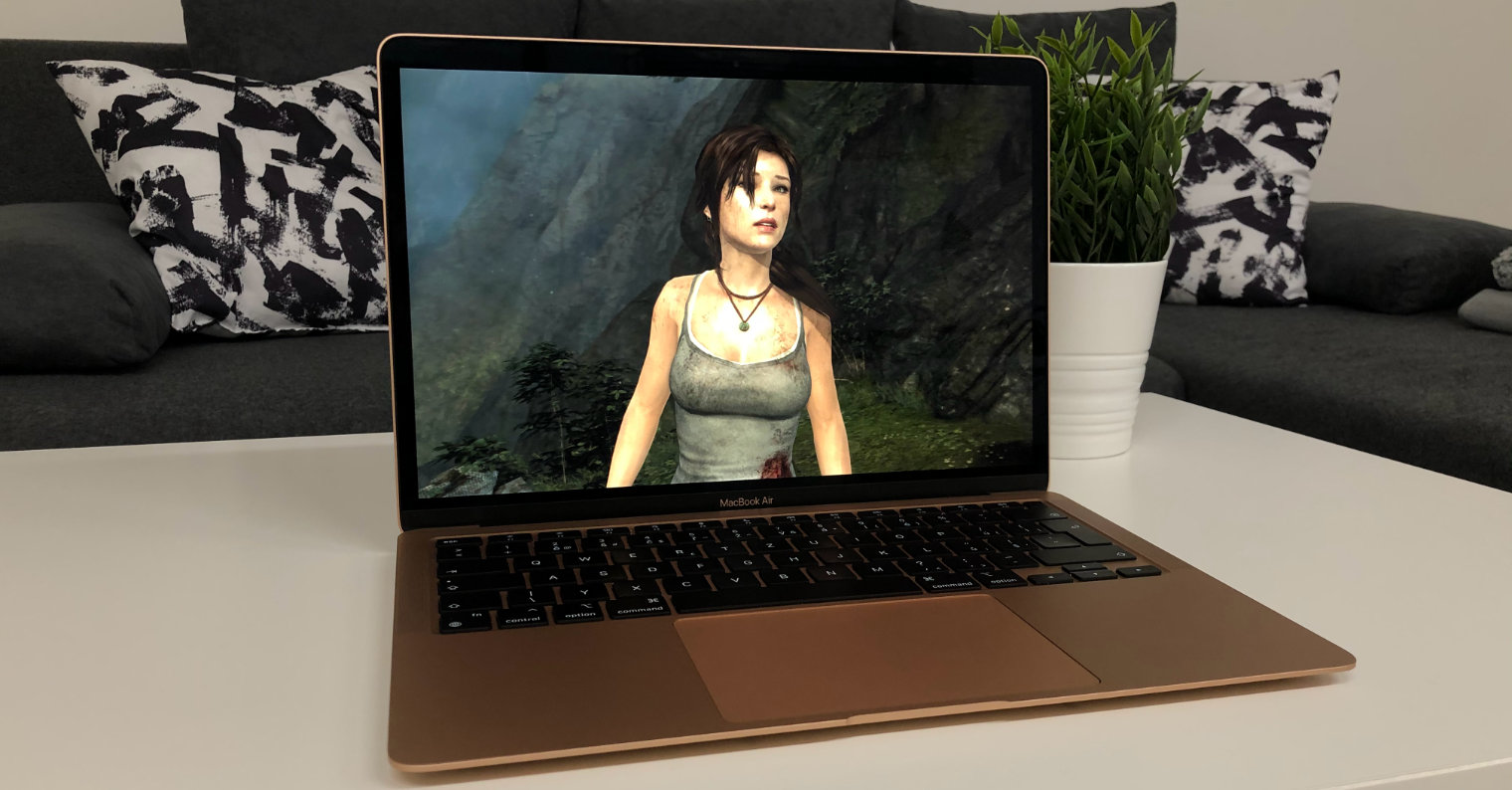
The arrival of Windows and Macs with Apple Silicon would undoubtedly please many apple lovers. A great way to use it could be, for example, gaming. It is precisely the computers with their own Apple chips that offer enough performance even for playing video games, but they cannot cope with them because they were not prepared for the macOS system, or they run on Rosetta 2, which of course reduces performance.
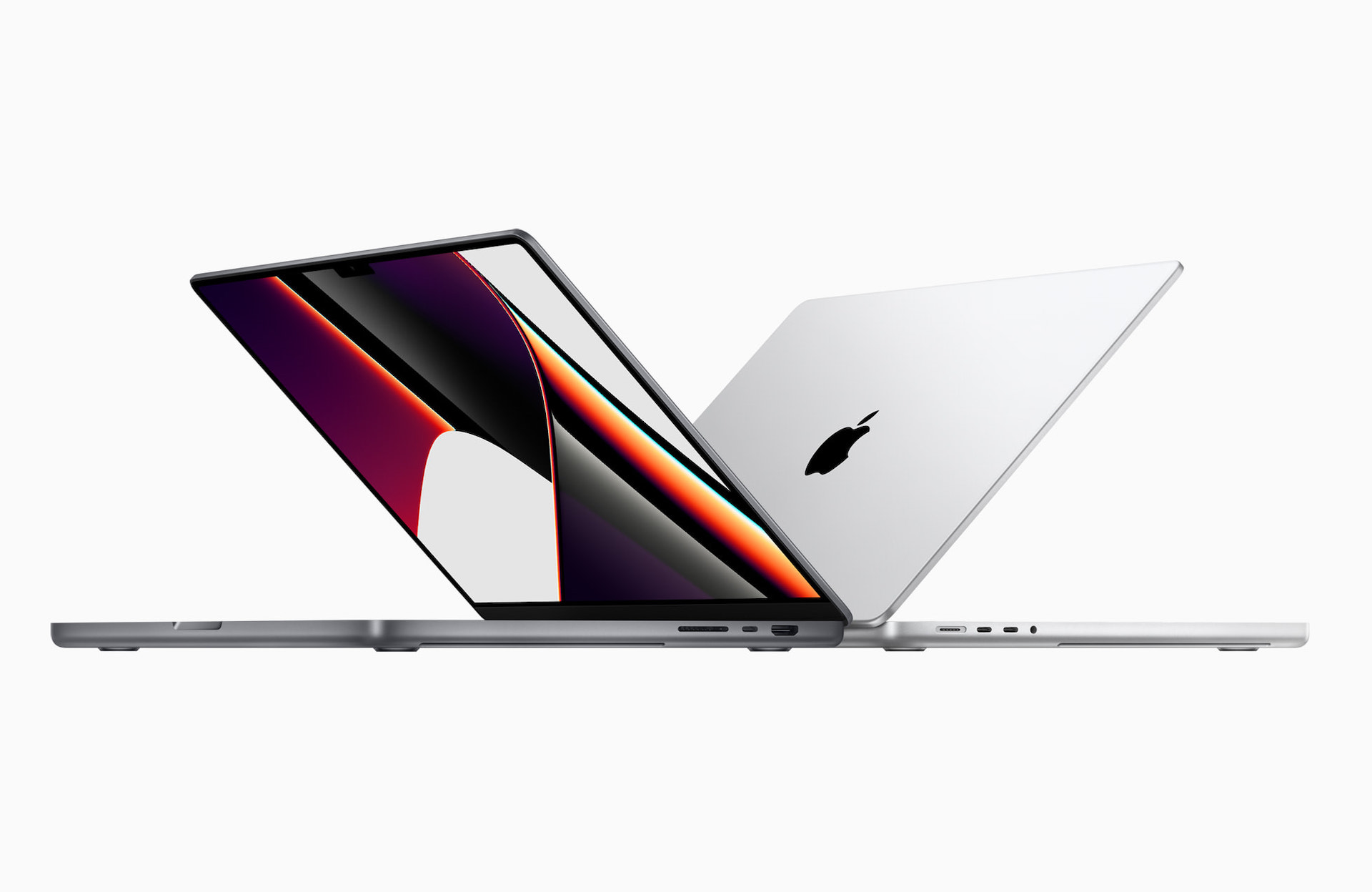
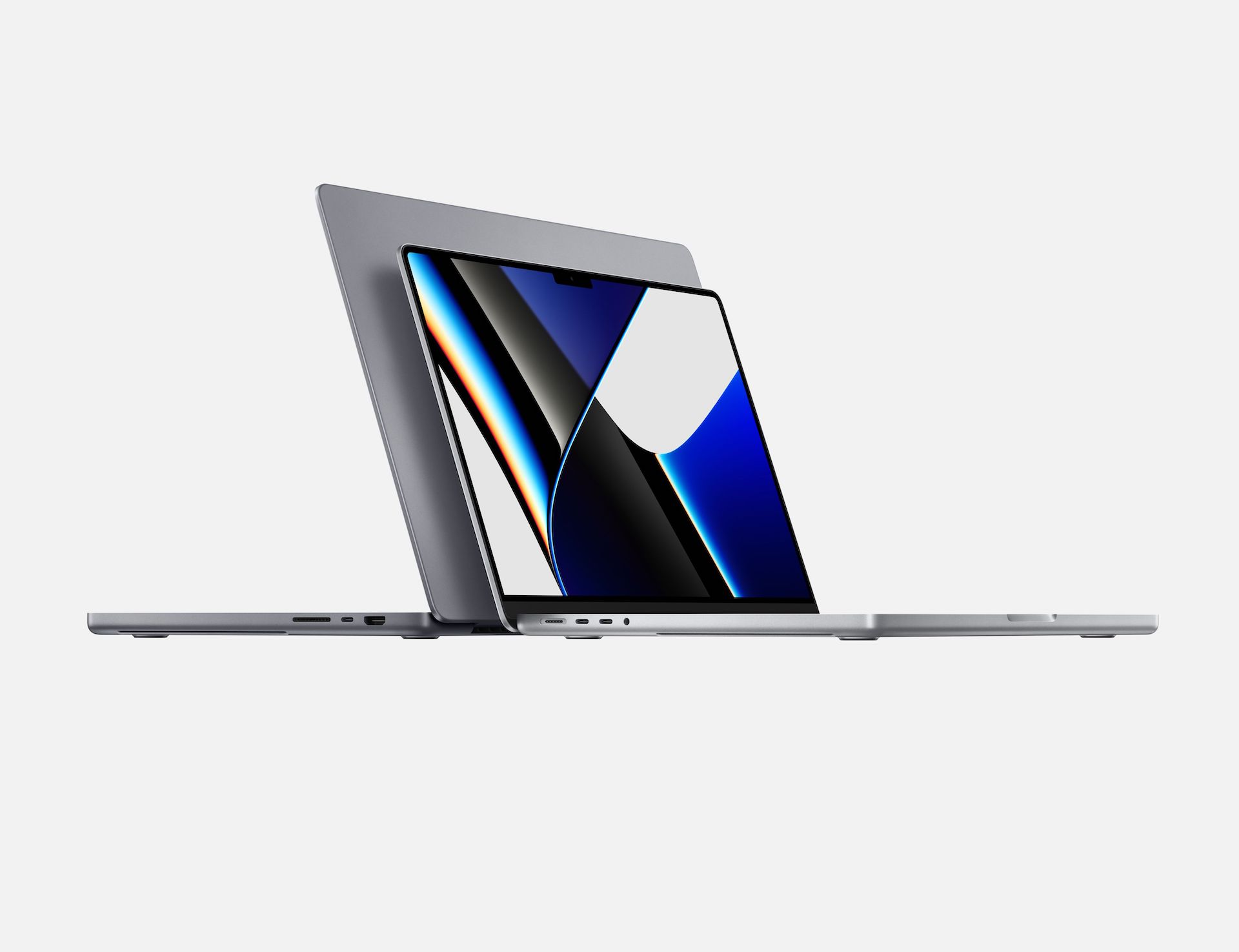
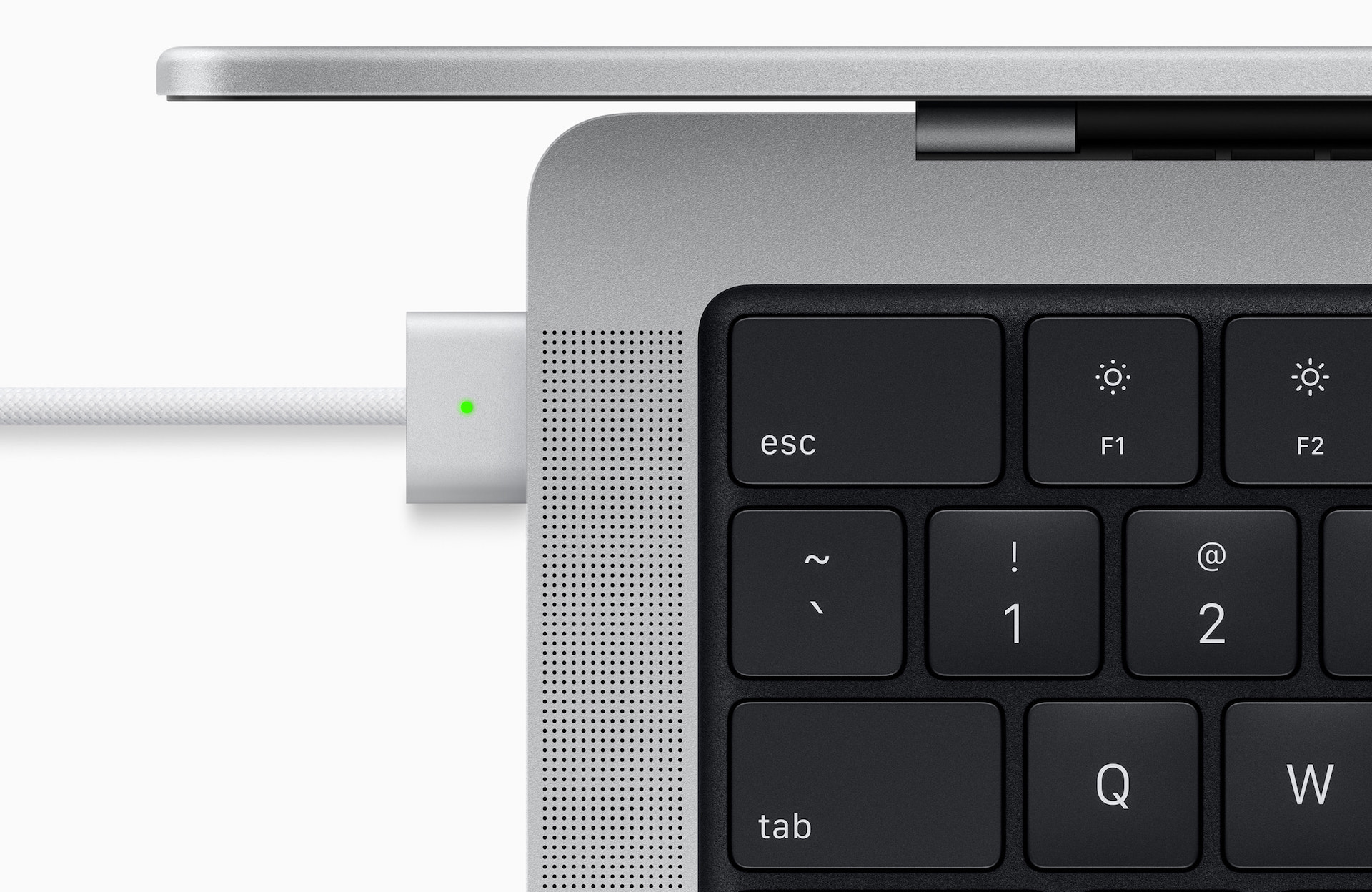
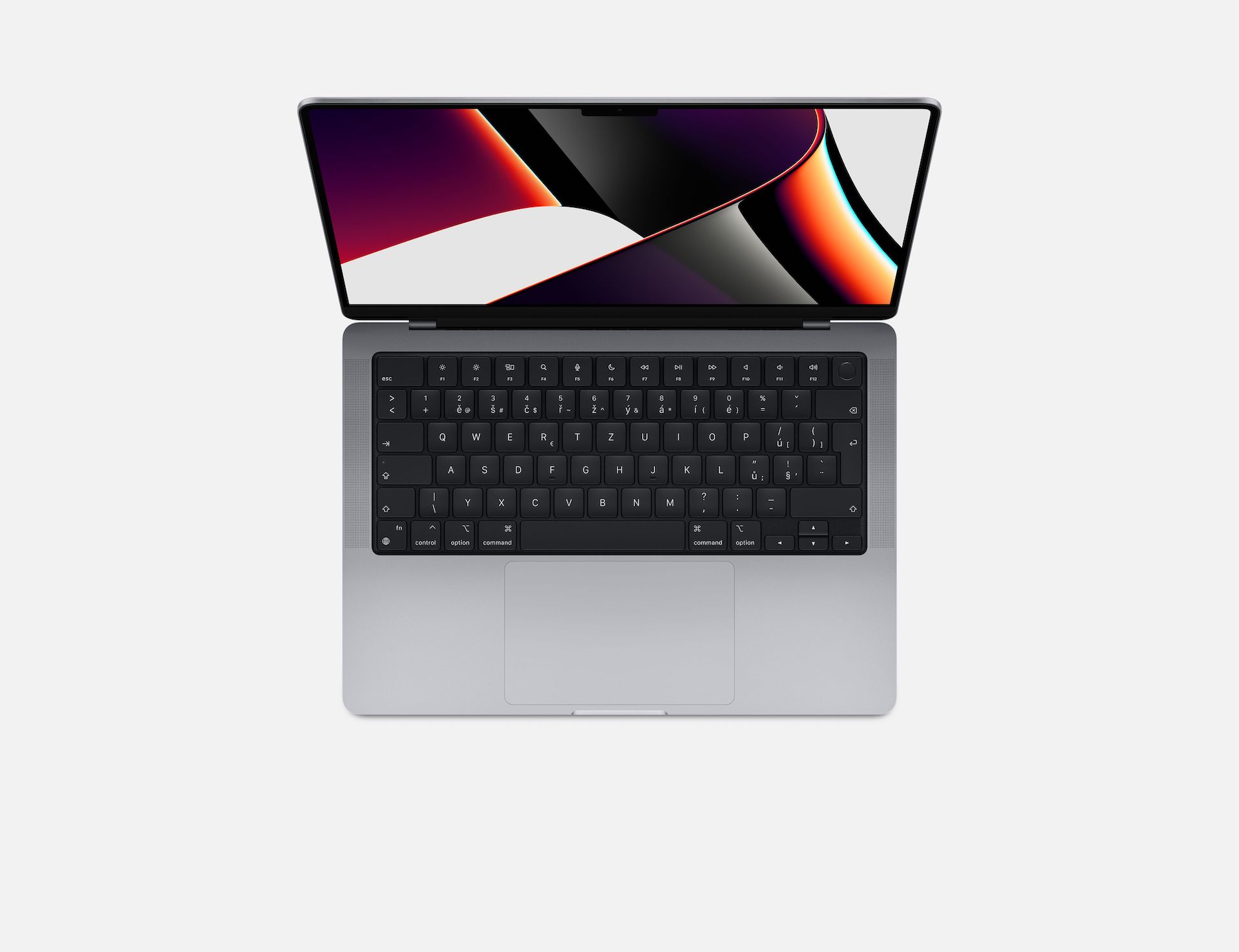
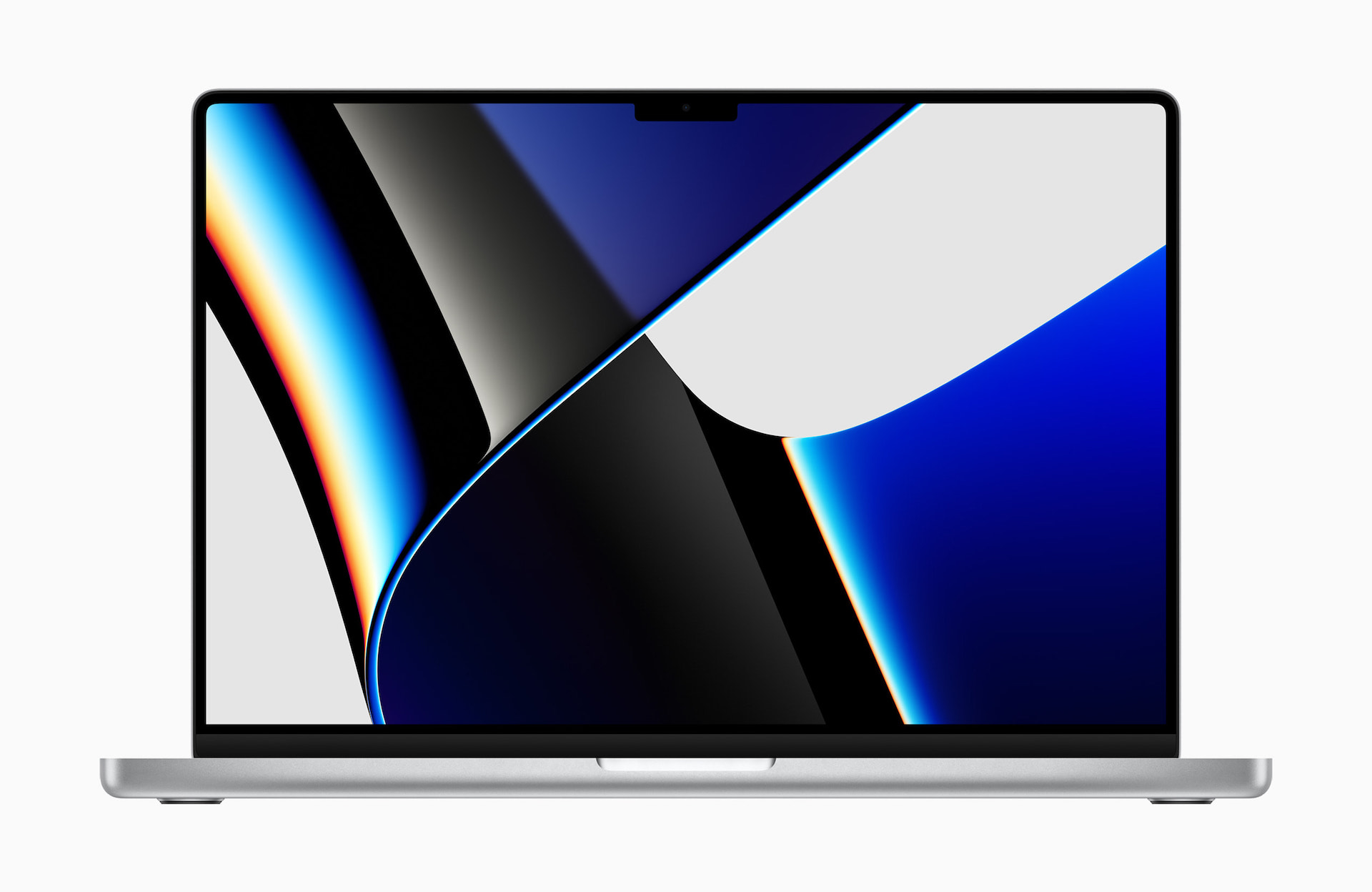
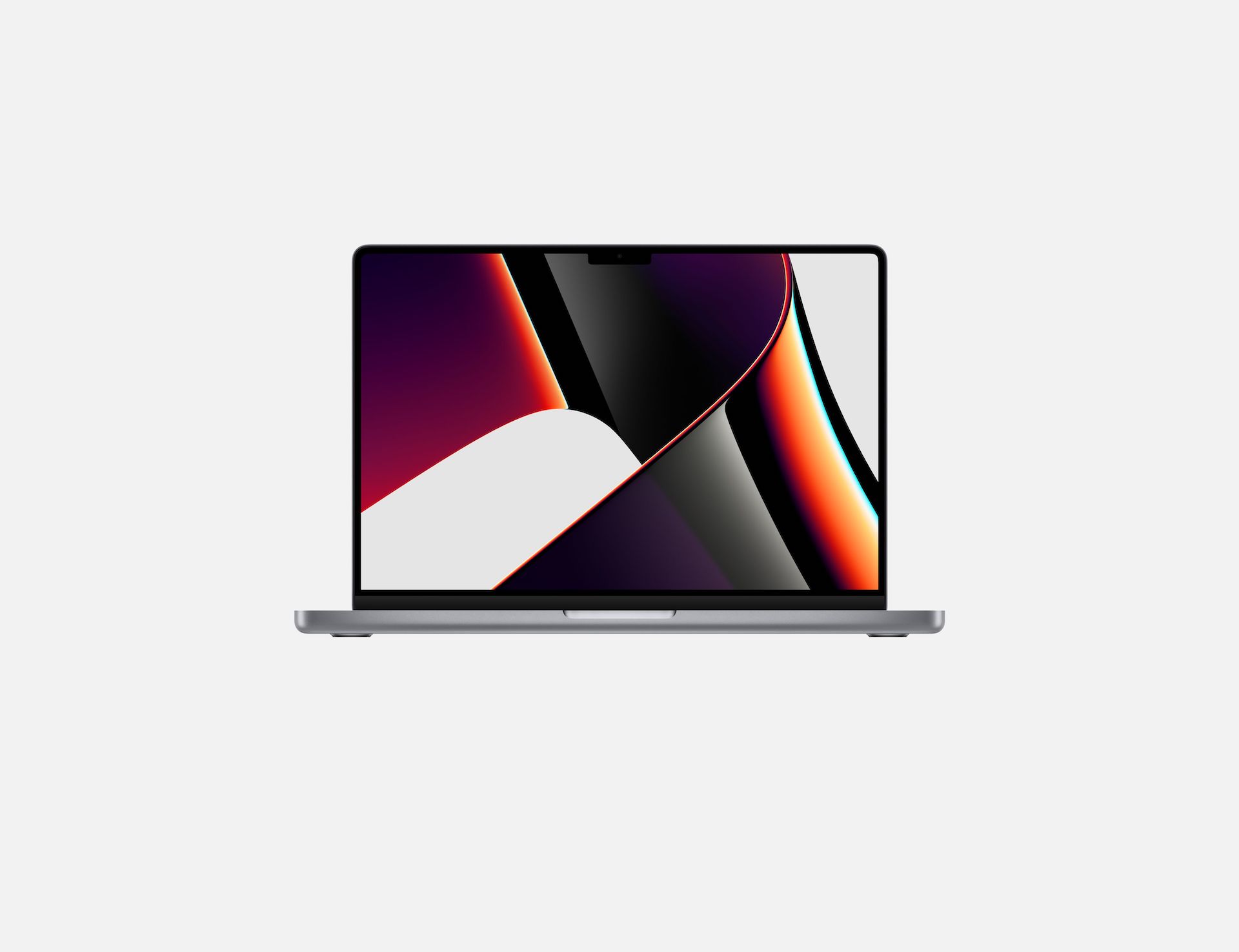

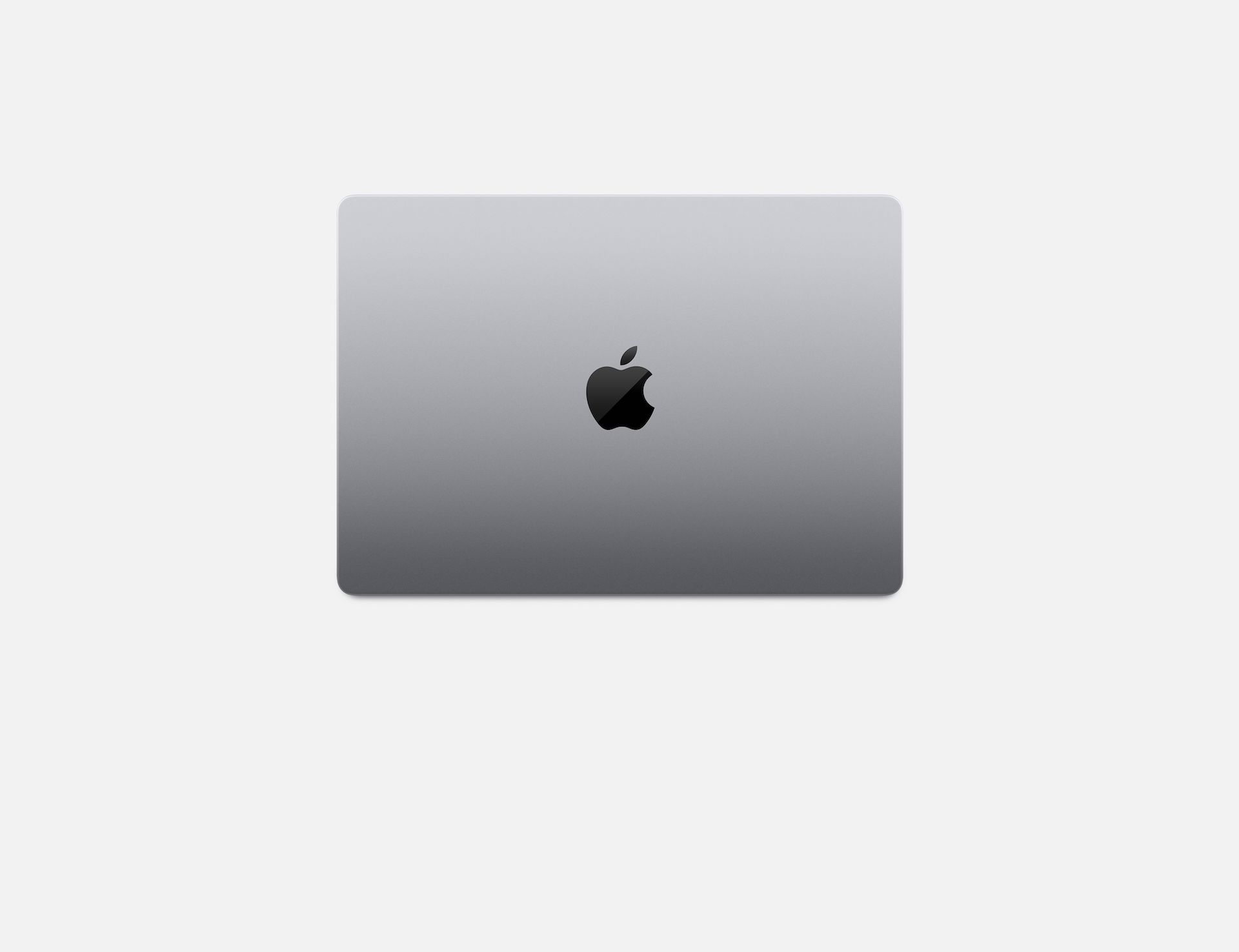
On Rosetta, at least those games can be launched and work perfectly. 64-bit x64 applications and especially games do not work well on ARM Windows. Microsoft doesn't have a translator as fine-tuned as Apple.
None the less, even if there was some exclusivity between MS and Qualcomm, it doesn't explain why Apple doesn't do Boot Camp and I just download and install Windows somewhere. There's nothing wrong with that.